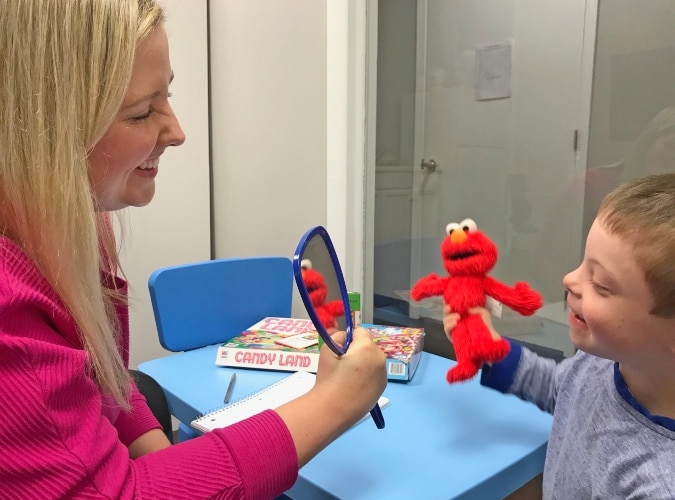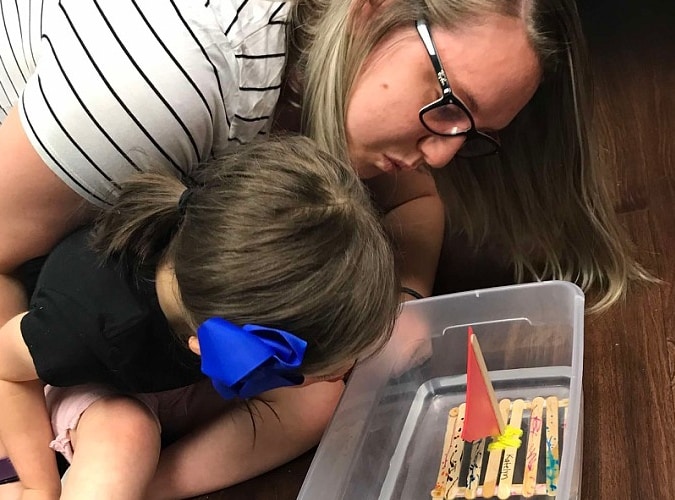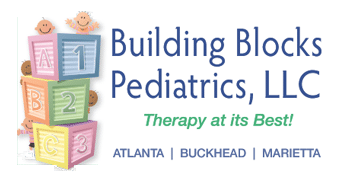Speech Therapy

What is Speech Therapy?
Speech-Language Pathologists diagnose and treat people who have communication, oral-motor, and feeding deficits. Communication deficits are primarily characterized by receptive and expressive language disorders and articulation/speech disorders. Receptive language disorders impact a child’s ability to comprehend auditory information. Expressive language disorders impact a child’s ability to formulate thoughts into words. Articulation deficits refer to the ability to produce sounds and words fluently and intelligibly. Oral-motor skills refer to the ability to use and coordinate lips, tongue, teeth, and jaw movements for speech and feeding purposes. Feeding deficits include a person’s ability to chew and swallow food safely and effectively, as well as the ability to eat a wide variety of tastes and textures.

Articulation disorders include difficulties producing sounds in syllables or saying words incorrectly to the point that other people can’t understand what’s being said.
Fluency disorders include problems such as stuttering , the condition in which the flow of speech is interrupted by abnormal stoppages, repetitions (st-st-stuttering), or prolonging sounds and syllables (ssssstuttering).
Resonance or voice disorders include problems with the pitch, volume, or quality of a child’s voice that distract listeners from what’s being said. These types of disorders may also cause pain or discomfort for the child when speaking.

Children that benefit from Speech Therapy
Children that benefit for speech-language services may have difficulty:
- Answering “wh” questions (who, what ,when, where, why).
- Conversing with peers and adults – dialogue skills.
- Following directions.
- Understanding concepts (ex, in/out, open/close, more/less).
- Sucking from bottles or drinking from cups.
- Eating age appropriate food.
- Speaking fluently (stuttering)
- Producing specific sounds (ex, r, s).
- Speaking in a way that people can understand the words.
- Processing information
We Are Here to Help!
Many parents who are visiting the Building Blocks Pediatrics, LLC web site are here to learn about therapy. If you are new to the “therapy world,” we dedicate the following information to you…More
